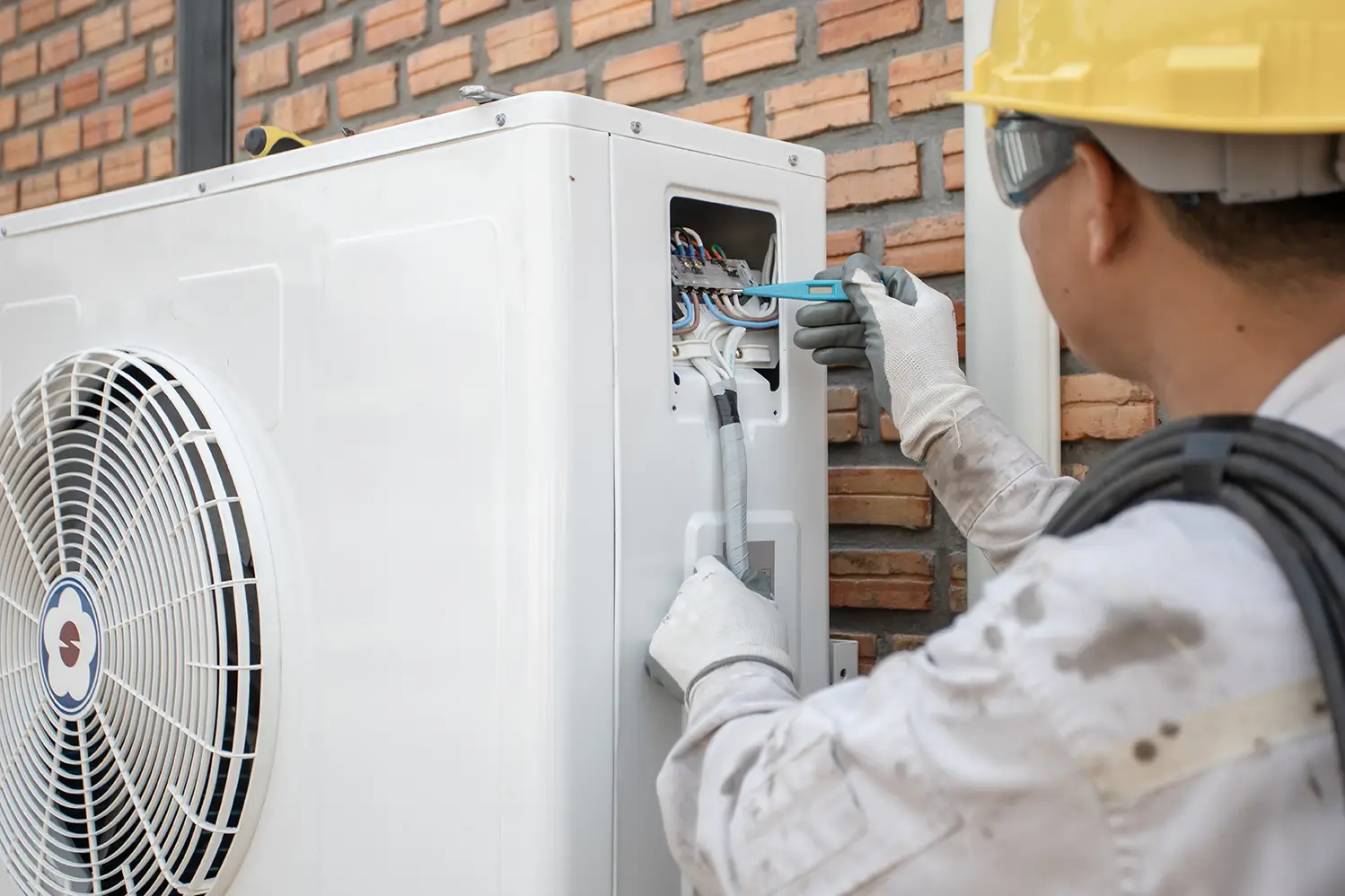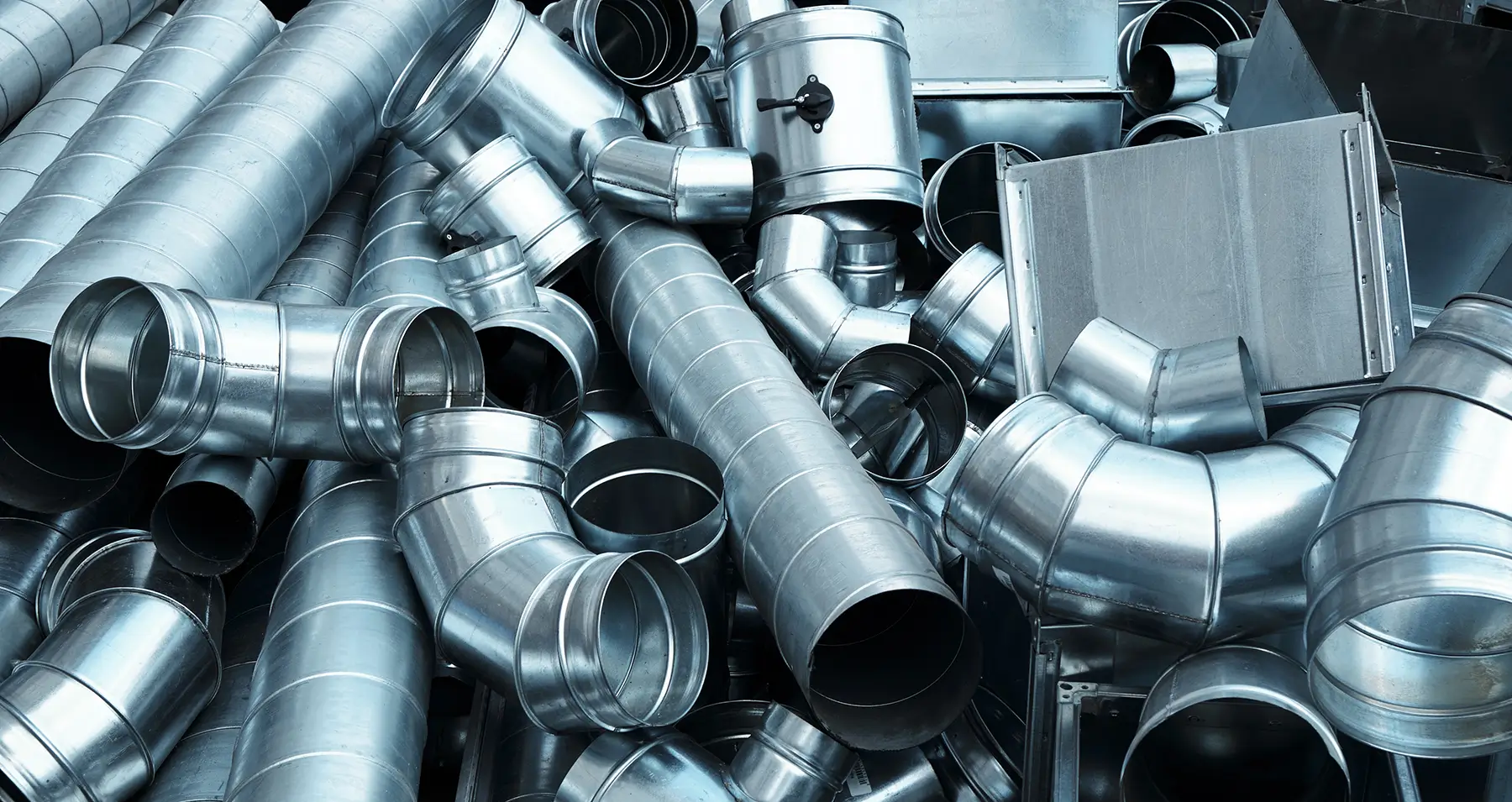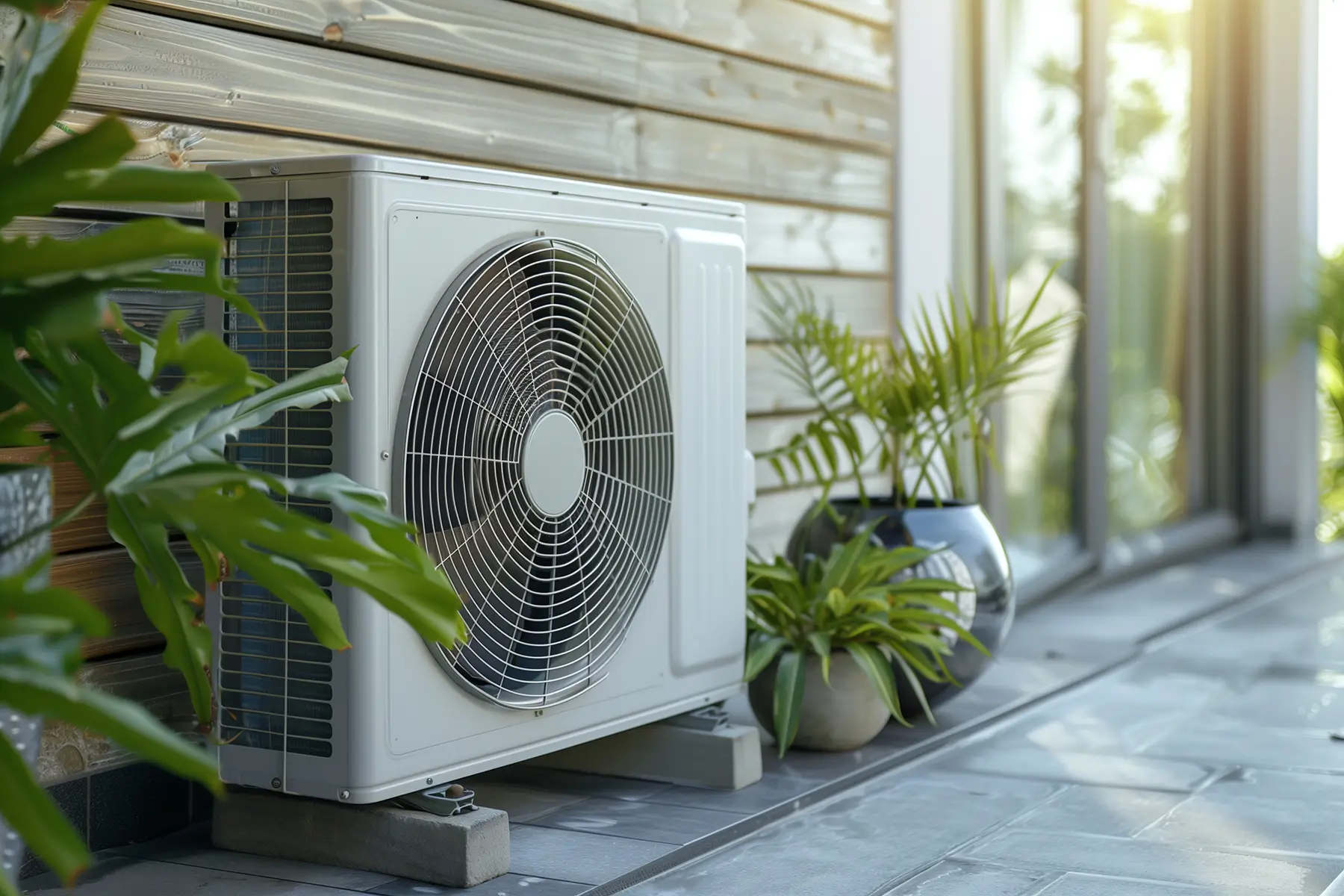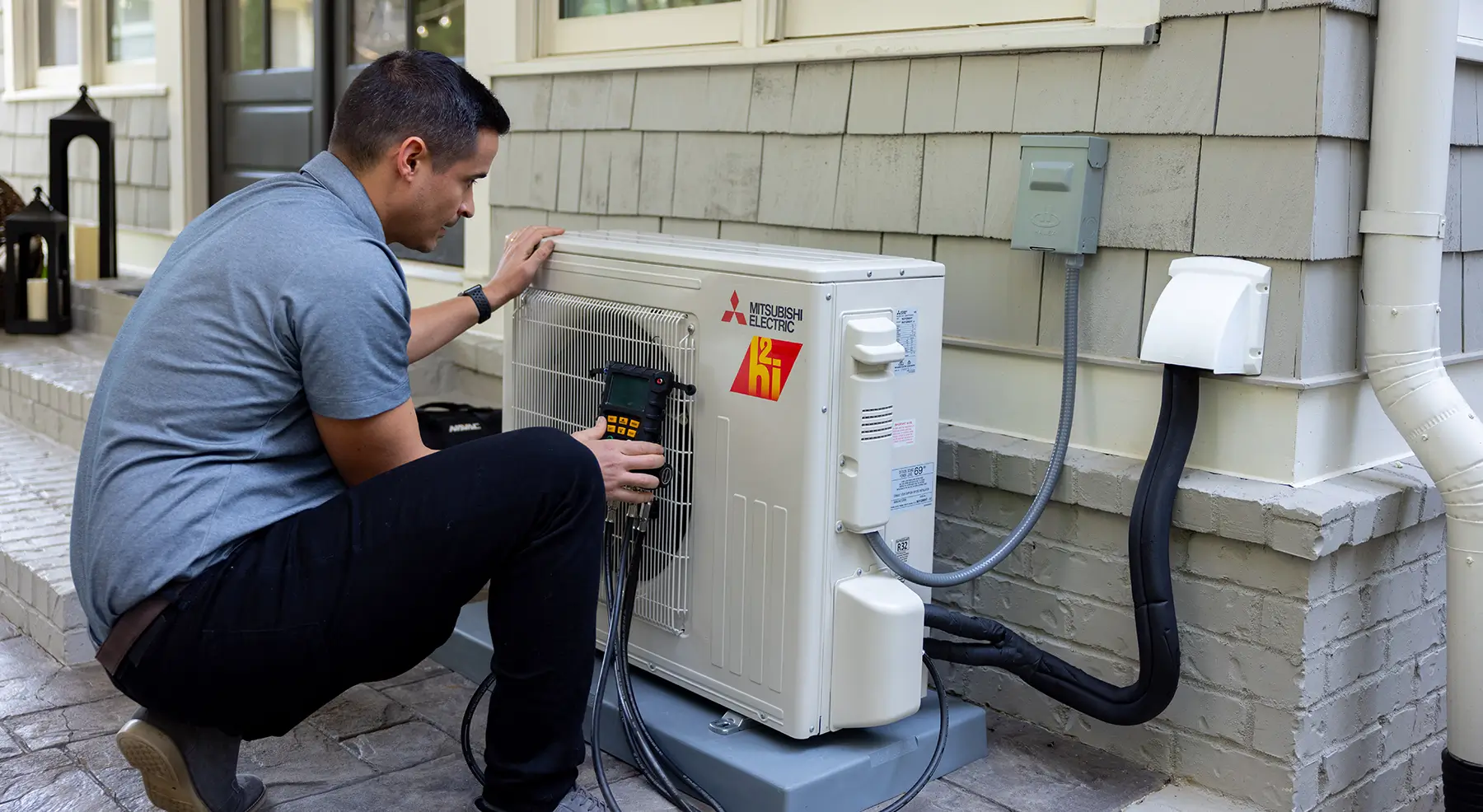Saving money on heating bills is a priority for many households. The cost of keeping our homes warm during the colder months can add up significantly, impacting our monthly budgets and overall financial well-being. Fortunately, there are numerous strategies and practices that homeowners can implement to reduce their heating expenses without sacrificing comfort or warmth.
Whether you’re looking to make your home more energy-efficient, optimize your heating system, or adopt smart heating habits, we’ve got you covered. By implementing these tips, you can take meaningful steps towards a more cost-effective and eco-friendly approach to heating your home. Let’s explore a wide range of tips and techniques aimed at helping you cut down on your heating costs.
1. Proper Insulation
Proper insulation in walls, attics, floors, and sealing gaps is crucial for preventing heat loss and reducing heating bills. Examples of insulation improvements include adding attic insulation, sealing gaps around doors and windows, and upgrading to energy-efficient windows.
2. Programmable Thermostats
Programmable thermostats allow you to schedule temperature adjustments, ensuring your heating system runs efficiently. They can also be programmed to lower the temperature when you’re away or asleep, saving energy and money.
3. Zone Heating
Zone heating involves heating
specific areas of your home rather than the entire space. It can be achieved using zoned HVAC systems, space heaters, or fireplace inserts. Zone heating can result in significant cost savings by reducing the need to heat unused areas.
4. Weatherization
Weatherization is a comprehensive approach to improving energy efficiency. Key measures include caulking and weatherstripping, insulating attics and basements, sealing ductwork, and upgrading doors and windows. These improvements minimize heat loss and drafts, leading to lower heating costs.
5. Smart Heating Habits
Adopting smart heating habits, such as dressing warmly indoors, using blankets, and closing curtains at night, can reduce your reliance on heating systems. These simple practices can significantly lower your heating bills.
6. Solar Heating
Solar heating, both passive and active (solar panels), harnesses solar energy to heat your home. Passive solar design utilizes sunlight and thermal mass to provide natural warmth, while solar panels convert sunlight into electricity for heating purposes. Solar heating can lead to substantial long-term savings.
7. Fireplace Efficiency
To maximize fireplace efficiency, use seasoned firewood, install glass doors, and consider fireplace inserts. Additionally, seal the chimney when not in use to prevent drafts and heat loss.
8. Home Energy Monitoring
Smart energy monitoring devices provide real-time data on energy consumption, helping homeowners identify energy-wasting patterns and make informed adjustments. Monitoring your heating system’s performance and temperature settings can lead to substantial savings.
9. Government Incentives and Utility Energy Saving Programs
Governments and local utilities offer incentives such as tax credits, rebates, and low-interest loans to encourage energy-efficient upgrades. These programs can offset the cost of energy-saving improvements and make them more affordable.
10. Home Energy Audit
A comprehensive home energy audit assesses your home’s energy efficiency, identifies areas of improvement, and provides recommendations. It’s a valuable tool for saving money on utility bills by addressing energy inefficiencies.
11. Regular Scheduled HVAC Maintenance Plans
Scheduled HVAC maintenance plans involve routine inspections, cleaning, and adjustments to ensure that your heating system operates efficiently and reliably. This proactive approach can extend your system’s lifespan and optimize performance.
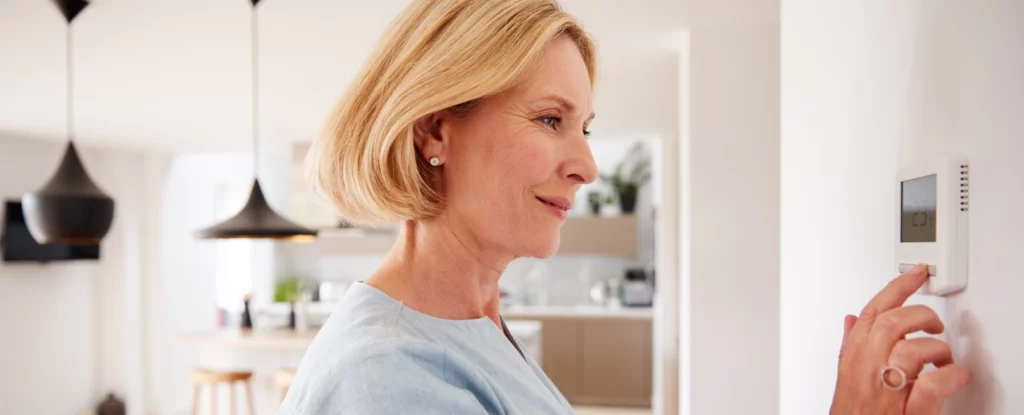
Frequently Asked Questions (FAQs)
In this section, we’ll address some common questions related to heating and energy efficiency to provide you with clear answers and helpful insights.
To save money, set your thermostat to a lower temperature when you’re away from home or at night when you’re sleeping. The recommended setting for energy savings during the winter is around 68°F when you’re home and awake.
At night, when you’re sleeping and bundled up in blankets, you can lower your thermostat further, typically between 60-65°F, to save on heating costs.
To save energy during the summer, set your thermostat to a temperature that is higher than your comfort level when you’re at home. A setting of around 78-80°F is a good starting point.
When you’re away from home during the summer, it’s advisable to set your thermostat to a higher temperature, such as 85-88°F, to reduce cooling costs.
When you’re away during the winter, you can set your thermostat to a lower temperature, typically around 55-60°F, to save on heating costs. Be cautious not to set it too low to avoid freezing pipes.
It is generally more efficient to lower the thermostat when you’re away or asleep rather than turning the heat on and off frequently. Turning it on and off frequently can result in more energy usage.
When you’re not at home, it’s recommended to set your thermostat to a lower temperature, typically around 55-60°F, to conserve energy while preventing freezing pipes during cold weather.
These answers provide general guidance, but it’s important to adjust thermostat settings based on your comfort preferences, climate, and the energy efficiency of your heating system. Consider investing in a programmable thermostat to automate temperature adjustments and maximize energy savings.
From proper insulation and programmable thermostats to zoning, weatherization, and smart heating habits, you have a range of options to choose from. Additionally, solar heating, fireplace efficiency, home energy monitoring, government incentives, and home energy audits offer further opportunities for energy efficiency and cost savings.
Regular HVAC maintenance plans are essential for optimizing your heating system’s performance and longevity. Moreover, the FAQ section has addressed common questions related to thermostat settings and energy efficiency.
By implementing these tips and practices, you can achieve significant savings on your heating bills while reducing your environmental impact. Ultimately, these measures lead to a more comfortable and cost-effective heating system, ensuring that your home remains warm and cozy throughout the year.
For your heating energy needs, consider the reliable services of Hop Energy at https://rycorhvac.com/, ensuring warmth and efficiency for your home.

